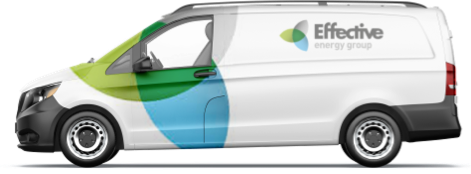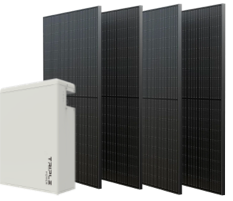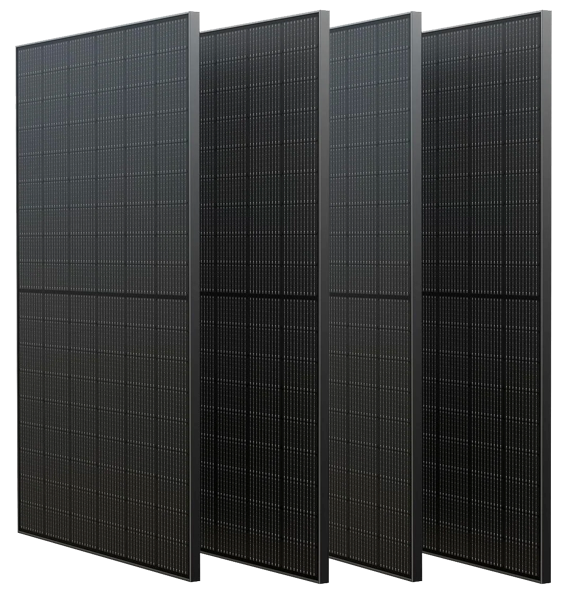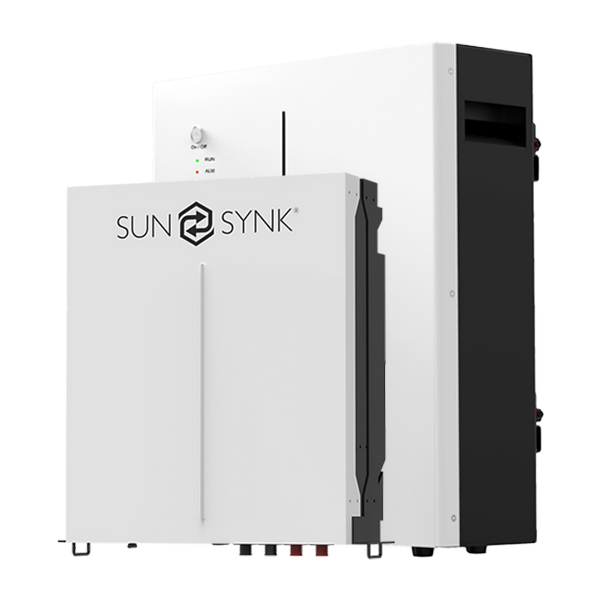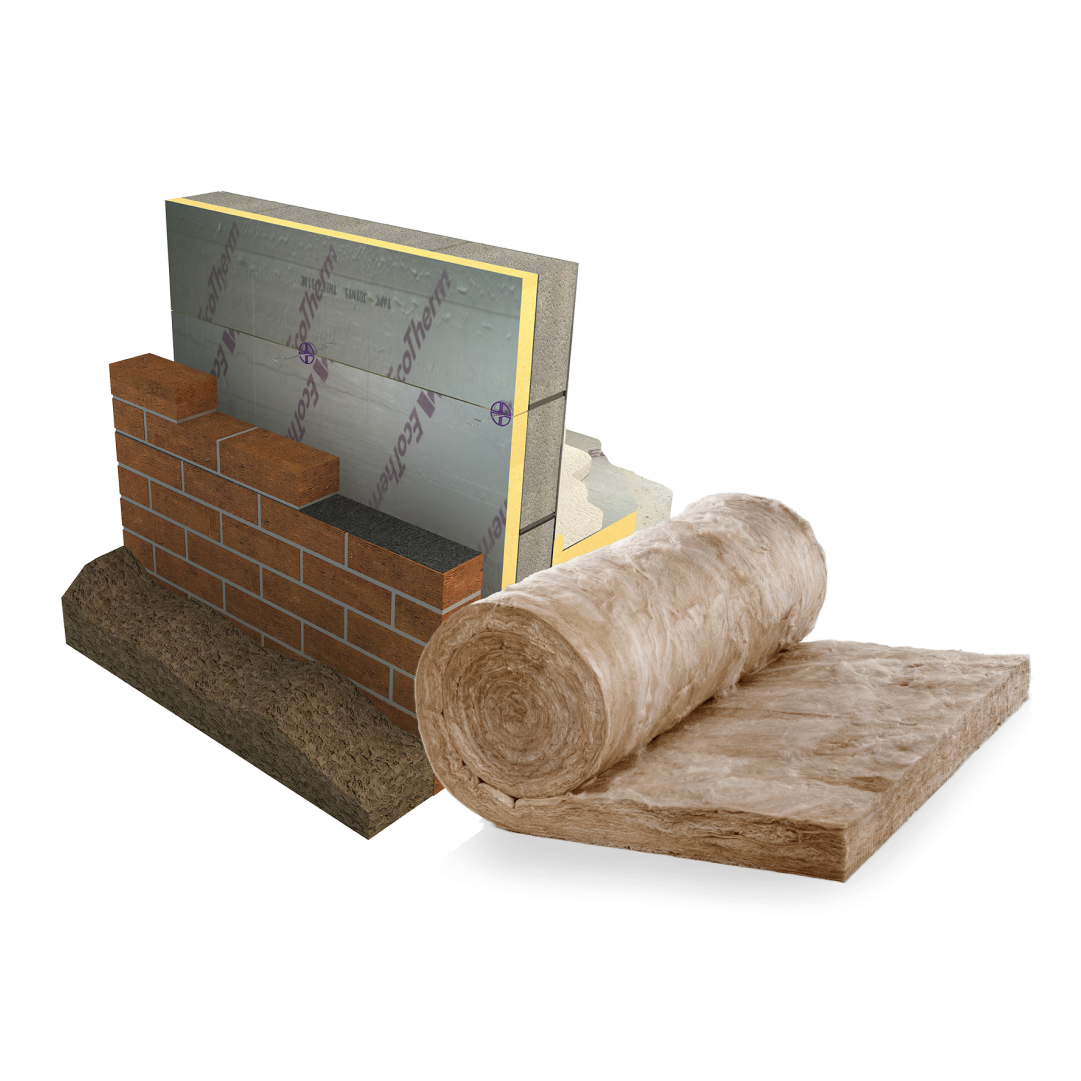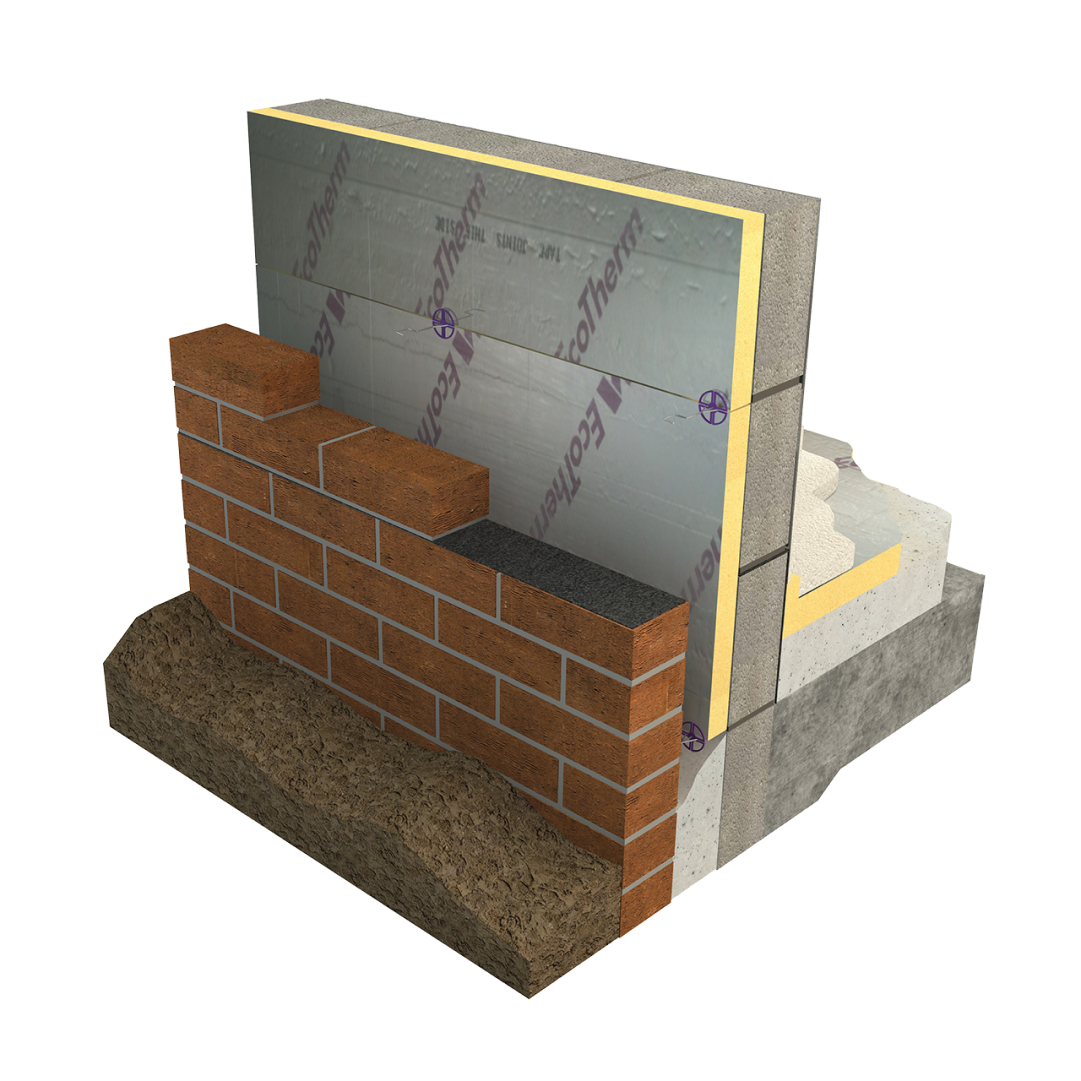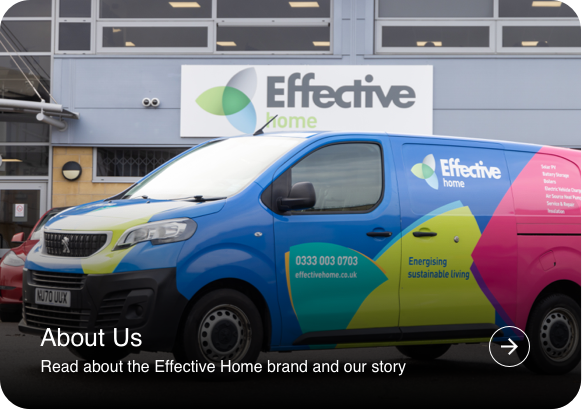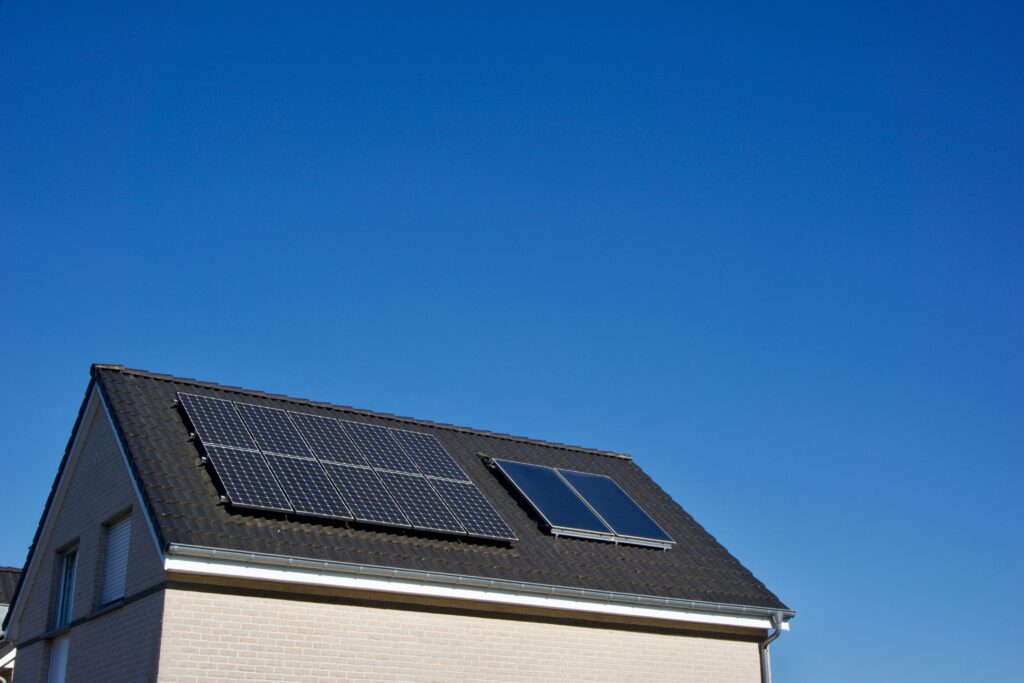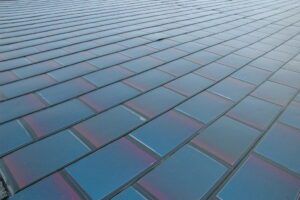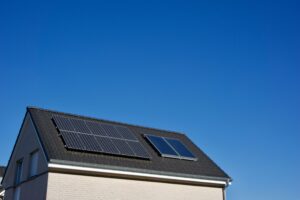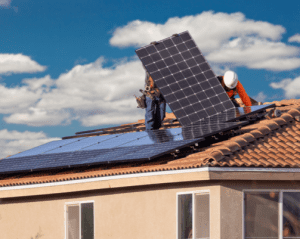Have you been looking for ways to reduce your energy bills? Currently thousands of UK homes are utilising home battery storage solutions, both in conjunction with solar panels systems and some without. While the price of solar panels are continuing to drop, they still remain outside of many people’s budget. But why not consider purchasing a home battery on its own?
Whether you can afford solar panels or not, many UK homes are not suitable for solar panels for a variety of reasons. Perhaps your house doesn’t receive the necessary amount of sun exposure or your roof space or angle means that you cannot install panels to your roof. But you can still benefit from installing a home battery storage solution.
Let Effective Home educate you on the ways to charge your home battery without solar energy, the benefits and drawbacks of purchasing a home battery, the lifespan and costs related to batteries, and how much you can save.
Can I Use Home Battery Storage Without Solar Energy?
You do not need solar panels in order to have an operational home battery storage solution in your property. Instead of storing solar energy generated by your solar panels, storage batteries can store energy supplied from a variety of other means, including: the National Grid and reduced carbon emissions options like wind and hydro.
- Wind energy: Wind power is generated by harnessing wind through wind turbines or windmills. This is made possible as wind turbines convert kinetic energy that is found in wind naturally, and turns it into power that can be used as electricity.
- Hydro energy: Also known as hydroelectric energy, hydro power is generated through moving water. Often found in dams or bodies of water, this renewable energy source is ideal for residential properties that also contain either a lake, pond, river, or stream. Hydro power is generated through a structure that alters the natural flow of water to generate power, and therefore electricity.
- Store energy from the National Grid: While it is the least environmentally friendly option of the three, most households will utilise a home battery by storing energy obtained through the National Grid. Although it may not be a low-carbon or green energy source, using this method can help you save money on your energy bills, as you store energy in the battery system when it is at its cheapest.
How Do You Store Energy From The National Grid?
In order to store electricity from the National Grid in your home battery, you will need to opt for the time-of-use tariff. This will allow you to charge your battery during the time periods when the demand for electricity is at its lowest, which also means that the price of electricity is at its lowest as well. Typically, this will be during the early hours of the morning.
You can then utilise your home battery and the stored energy to power your household during peak times, when electricity is at its most expensive. This will help you save money on your energy bills. Additionally, you may also wish to save the energy in your battery for if there are any power outages at the National Grid.
What Are The Benefits Of Having Home Battery Storage?
Now that you know what home battery storage is, and how to use it, you may be wondering what the benefits actually are. Installing home battery storage without the presence of solar panels is not particularly a well-known option, however, it does present a raft of benefits for your household, including:
- Reduction in your energy bills: Charging your home battery during off-peak times allows you to save money on your electricity bills, as you won’t be using electricity during time periods when it is at its most expensive. Typically, electricity from the National Grid is at its most expensive during the evenings, which would be the optimal time to use your battery.
- Alleviate the strain on the National Grid: By using your home battery during peak times, not only will you be helping yourself but also the National Grid. This can also lessen the risk of power outages for all.
- Home batteries are an environmentally friendly alternative: While they may not be the most sustainable option, there are environmental benefits that come along with installing a home battery storage solution. Particularly in rural areas, where fuel power generators are often the back-up for the National Grid, home batteries are more environmentally friendly.
- Become more independent: Depending on sun exposure, roof space and angle, as well as budget, not everyone can install solar panels on their property. However, home battery solutions are much more universal and inclusive, and will provide you with more control over your energy usage.
- Low maintenance back-up energy solution: Home batteries do not require much maintenance in order to keep them in working order as they are rather robust. Additionally, they are also noiseless, which is in complete contrast with fuel generators, which are known for their noise pollution tendencies.
What Are The Disadvantages Of Having Home Battery Storage Without Solar?
Like with any purchase you make, there are also disadvantages to purchasing a home battery storage solution. These include:
- Batteries are expensive: On average, a home battery storage system can set you back around £4,500. While you will see a reduction in your energy bills through purchasing electricity during off-peak times, you will still be paying for your utilities through the National Grid without the presence of solar panels.
- You will remain reliant on the National Grid: Building upon the previous point, your home battery will still require the grid for its power. Which means you will not gain freedom from the energy companies and their pre-set prices.
- You are missing out on solar panels: While you can get a home battery without solar panels, and it will work to save you money, you are not using the full benefits of having a solar battery storage solution. On average, most solar panel systems will break even around the 15 year mark. Considering most solar panels last around 25 years, you will be missing out on 10 years of profit, on average. Additionally, you get 0% VAT on a storage battery when they are purchased with a solar panel system. Check out Effective Home’s solar finance options to see if a solar system for your home is more affordable than you thought.
How Long Will A Home Battery Without Solar Panels Provide Power For?
During the time periods when you will be using your home battery to power your home, or if there is a power outage and you need to use your solar batteries, the amount of time that power will last depends on your usage. If you require your battery to power a large variety of different appliances and devices, then the power will not last as long, compared to if you are running the bare minimum.
There are three key factors that will influence how long your home battery storage solution will power your house for once charged. These factors are:
- The capacity of your battery: Simply put, the larger your battery’s capacity, the more power it will hold, the longer it will power your property. All battery capacities are measured using kilowatt-hours, also known as kWh.
- The efficiency level of your battery: The more efficient your home battery solution is, the less electricity will be wasted in storage. If you want your battery to work as effectively as possible, then look for batteries with a high efficiency rating.
- How much energy your household uses: A variety of factors can impact how much energy your household uses, like: how many people live in your property, how many appliances or devices require power, and how often your devices are used.
Typically when it is fully charged, a home battery storage solution will provide between 8 to 12 hours of continuous power before the battery is fully drained. However, this is just a guideline based on typical average usage.
Does A Home Battery Require An Inverter?
While your home battery storage solution may not be attached to a solar PV system, you will still need to purchase an inverter. This is because an inverter is what will help your battery storage work smart. An inverter works by:
- Providing a communication outlet between the National Grid and your home battery.
- Feeds information from your battery to your energy management software.
- The inverter will take direct current (DC) and convert it to alternating current (AC), which is usable in households in the UK if you are using solar panels.
It is paramount that you purchase an inverter if you are installing battery storage solutions in your property, as it makes your battery work that much more effectively.
Can I Add Solar Panels To My Property Later On?
If you have decided that you do not want to purchase solar panels with your home battery at this time, but may be open to doing so in the future, you will be able to. This is also a service that we offer at Effective Home.
The installation process is quick and easy. After your solar panels have been installed on your property, they will simply need to be connected to your existing home battery. However, do not try to do this yourself, as this is a highly dangerous process which can cause yourself harm, or damage the expensive products you have just purchased.
How Much Does A Home Battery Without Solar Cost?
While you will be saving a significant amount of money by not also purchasing a solar panel system to charge your home battery, the battery itself will still set you back. On average, a home battery storage solution will cost you around £4,500. However, this can be higher or lower depending on the size of battery you require.
What Size Home Battery Do I Need?
The size of the battery you may need will depend on a variety of different factors, including: how much power your household requires, what your goals are for your battery, and what your budget is. The table below will give you a general idea of the size battery you may need and how much it may cost you, depending on the size of your house:
| What size home battery do I need? | ||
| House size | Battery size | Cost of battery |
| 1 to 2 bedrooms | 4 kWh | £2,500 |
| 3 bedrooms | 5 kWh | £4,500 |
| 4 or more bedrooms | 10 kWh | £8,000 |
The table above is only there as a guideline. If you are looking for a more specific price point, why not get in touch with Effective Home and receive a quote today.
How Much Money Can I Save With A Home Battery?
How much money you save through installing battery storage on your property depends on the size of the battery you purchase, how much electricity you use, how much you optimise your savings, and the tariff that you are on.
It will cost you, on average, around £17.99 per kWh to charge your home battery using electricity from the grid. You will then need to multiply the amount of kWh your home battery stores in order to see how much it will cost you to charge your battery in full. Typically, a home battery without the addition of a solar panel system, can save you up to £200 a year on energy costs.
If you charge your home battery during off-peak times, like during the night, then you can save as much as £400 annually compared to if you charged your battery during on-peak times. It is also important to note that you will typically break even on your home battery storage system around the 8-9 year mark.
How Long Will My Home Battery Last?
Generally, most storage batteries will last between 5 to 15 years, depending on the model and materials used. Typically, lithium-ion batteries will last the longest compared to other variations available on the market. You can also extend the lifespan of your home battery by maintaining it properly.
Additionally, most home battery storage solutions will come with a 10 year warranty. However, this could be longer or shorter depending on the battery systemmanufacturer you purchase from.
Home Battery Storage UK Without Solar Summary
Now that you know what home battery storage solutions are and how they can benefit you, have you decided whether you are going to take the plunge and install a home battery at your property? If you are still undecided, we have listed the key pros and cons of home batteries in the table below:
| Pros and cons of home batteries without solar panels | |
| Pros | Cons |
|
|
If you want to take your first step towards purchasing your home battery storage solution, then why not get in touch with Effective Home? We can put you in touch with our battery experts, who will find the perfect home battery solution for you and your household.
